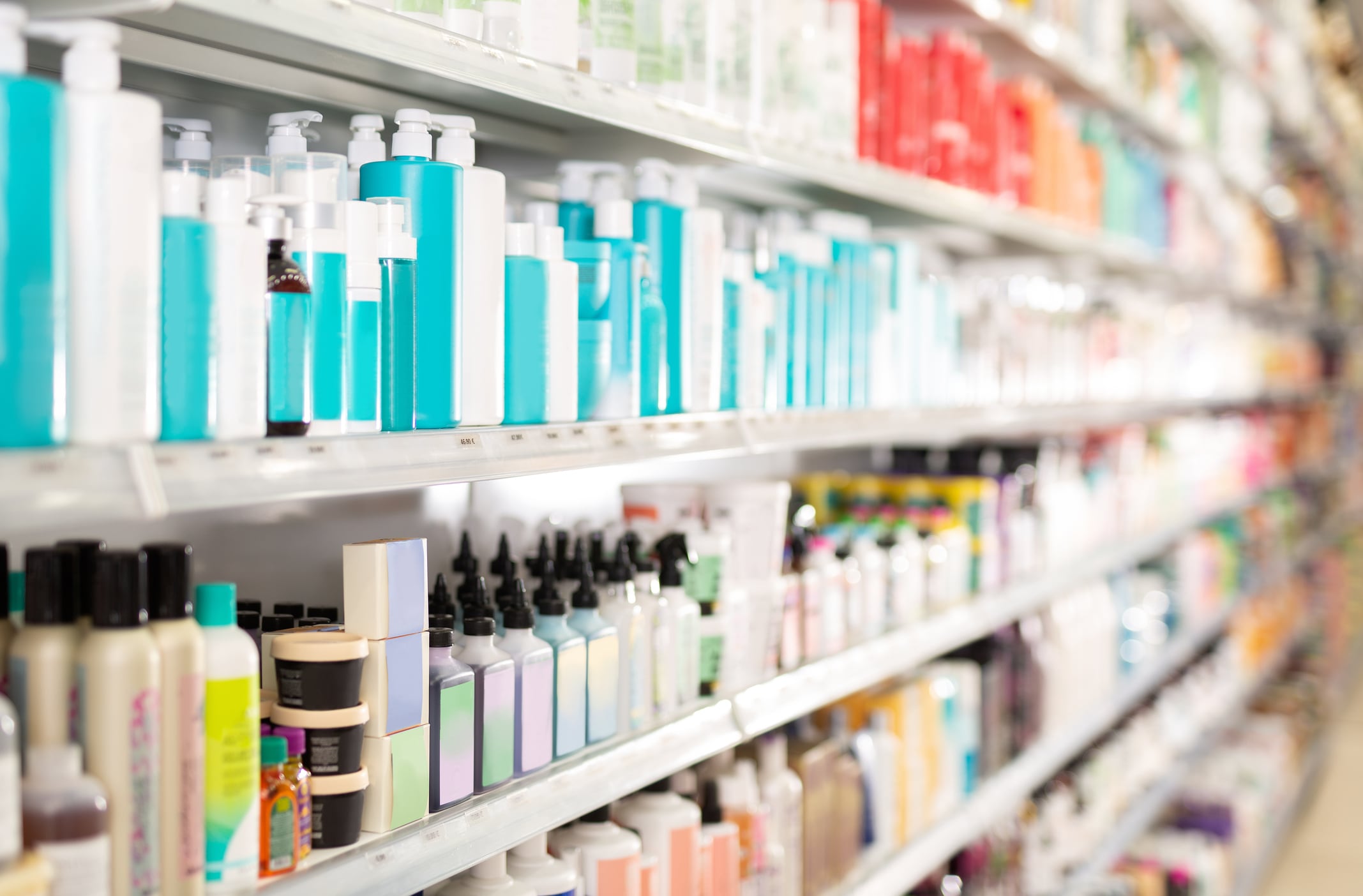Key takeaways
- French cosmetics leaders met EU VP Stéphane Séjourné at Cosmetic 360 to address global and European challenges.
- The sector is calling for regulatory simplification, trade agreements, and innovation support.
- FEBEA presented a roadmap to boost competitiveness and sustainability.
- The European Commission pledged action through new industrial and regulatory frameworks.
At the annual Cosmetic 360 trade show in Paris this week, French cosmetics industry leaders met with Executive Vice-President of the European Commission, Stéphane Séjourné, to discuss current issues facing the industry in Europe and globally.
The cosmetics industry is responsible for around three million jobs across Europe. In France alone, it creates 300,000 direct and indirect jobs and is the second-largest contributor to the French trade balance – with more than 60% of products exported.
With the recently introduced US customs duties, increased international competition, European regulatory inflation, and slowdowns in consumption in China, industry leaders are concerned about growing threats to their businesses. These pressures risk undermining the competitiveness of a sector that is a pillar of the European economy, trade, and innovation.
During a round table, President of French beauty business cluster Cosmetic Valley, Marc-Antoine Jamet, told Séjourné: “The difficulties we face are becoming increasingly serious. They are weighing on growth, exports and, therefore, job creation in our industry. To stay in the race, our sector wants to count on the support of the European Union, which should make it one of its strategic priorities, recognise it as its fifteenth industrial ecosystem, continue the dialogue that has brought us together and promote it to its full potential.”
Jamet added that the cosmetics sector places great trust and high hopes in the European Commission to support companies in the face of increased global competition and increasingly complex regulations.
“That is why we are calling for cosmetics players to be given the means to preserve their competitiveness and to continue to innovate and develop new products that meet the needs of consumers,” he said.
FEBEA’s beauty industry package: a roadmap for reform
To address these issues, the French cosmetics industry trade body FEBEA has proposed a concrete action plan with its Beauty Industry Package, Draghi Report for cosmetics.
“This roadmap, signed by nearly 80 business leaders, aims to make the cosmetics industry more competitive through a simplified regulatory framework that is resolutely focused on innovation and ecological transition, in order to ensure its sustainability in a changing global market,” said Emmanuel Guichard, General Delegate of the FEBEA.
The cosmetics sector is asking that:
- International exports be stimulated through new free trade agreements (for example, with Indonesia and India), and that the European market be consolidated by facilitating the movement of products manufactured in Europe.
- Brussels responds to the realities faced by businesses due to the recent updates to the Omnibus Cosmetics Regulation.
European Commission responds with industrial action plan
In response to the demands, Séjourné said that the European Commission is determined to accelerate industrial competitiveness by acting on three levers: regulatory simplification, protection of the internal market against unfair competition, and support for demand.
According to Séjourné, the Industrial Accelerator Act, the Omnibus Chemistry (Cosmetics section), the Omnibus Environment, and the diversification of free trade agreements are all levers for strengthening the industrial dynamism of the cosmetics sector in Europe.
“Europe values, appreciates and supports its cosmetics industry: it is the safest in the world, a major driver of innovation, a global leader in exports, and an integral part of European know-how and heritage,” he said.
“In the increasingly difficult and complex context in which this strategic industrial sector operates, the Commission’s role is to create the conditions that will enable it to maintain its position,” he continued. “In view of the challenges both internationally and on the internal market, it is essential to structure the strategic dialogue with the cosmetics sector.”


